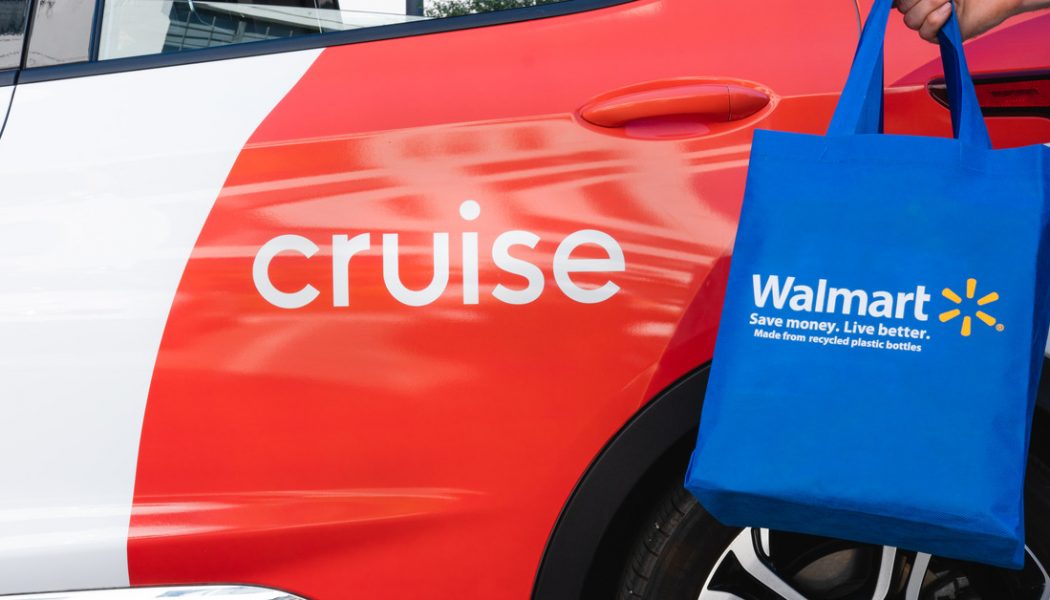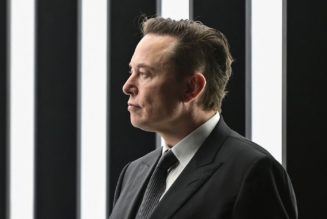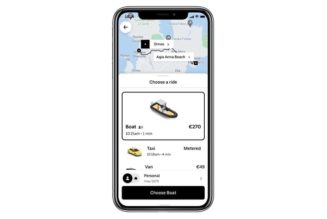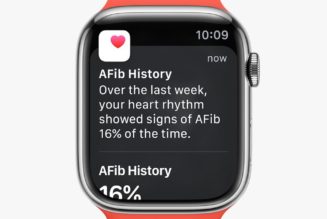
Cruise is partnering with Walmart to test out a delivery service using a fleet of autonomous and electric vehicles. The pilot project will kick off in early 2021 and take place in Scottsdale, Arizona.
Cruise has yet to settle on a final number of cars it will use as part of the delivery service. The company has maintained a small fleet of five vehicles in Phoenix since 2016.
It’s the latest in a series of announcements centered on the use of autonomous vehicles in last-mile delivery scenarios, underscoring a core truth about the technology: it’s risky to put human passengers in robot vehicles, but it’s much less risky to put groceries and Walmart purchases in them.
It’s the latest sign that Cruise, which is a majority owned subsidiary of General Motors, is interested in expanding beyond robo-taxis and into the world of autonomous delivery. The company is planning to launch a ride-hailing service in San Francisco, though it hasn’t specified by when. It has also been using its vehicles to make deliveries for two food banks in San Francisco during the pandemic.
Cruise isn’t the first self-driving car company to team up with Walmart. The retail giant also has partnerships with Nuro, Udelv, Ford, and Waymo. It’s not hard to see why, too: online grocery shopping could grow fivefold over the next decade, with American consumers spending upward of $100 billion on food-at-home items by 2025, according to a recent report. Those numbers are sure to be trending upward as a result of the COVID-19 pandemic.
“You’ve seen us test drive with self-driving cars in the past, and we’re continuing to learn a lot about how they can shape the future of retail,” said Tom Ward, SVP of customer product at Walmart, in a blog post. “We’re excited to add Cruise to our lineup of autonomous vehicle pilots as we continue to chart a whole new roadmap for retail.”
Cruise was recently awarded a permit in California to test fully driverless vehicles without a safety driver behind the steering wheel. Cruise also doesn’t allow non-employees to ride in its vehicles. The company had planned to launch a public self-driving taxi service in 2019 but failed to do so. Cruise has yet to set a new date for the start of its public robo-taxi service.










